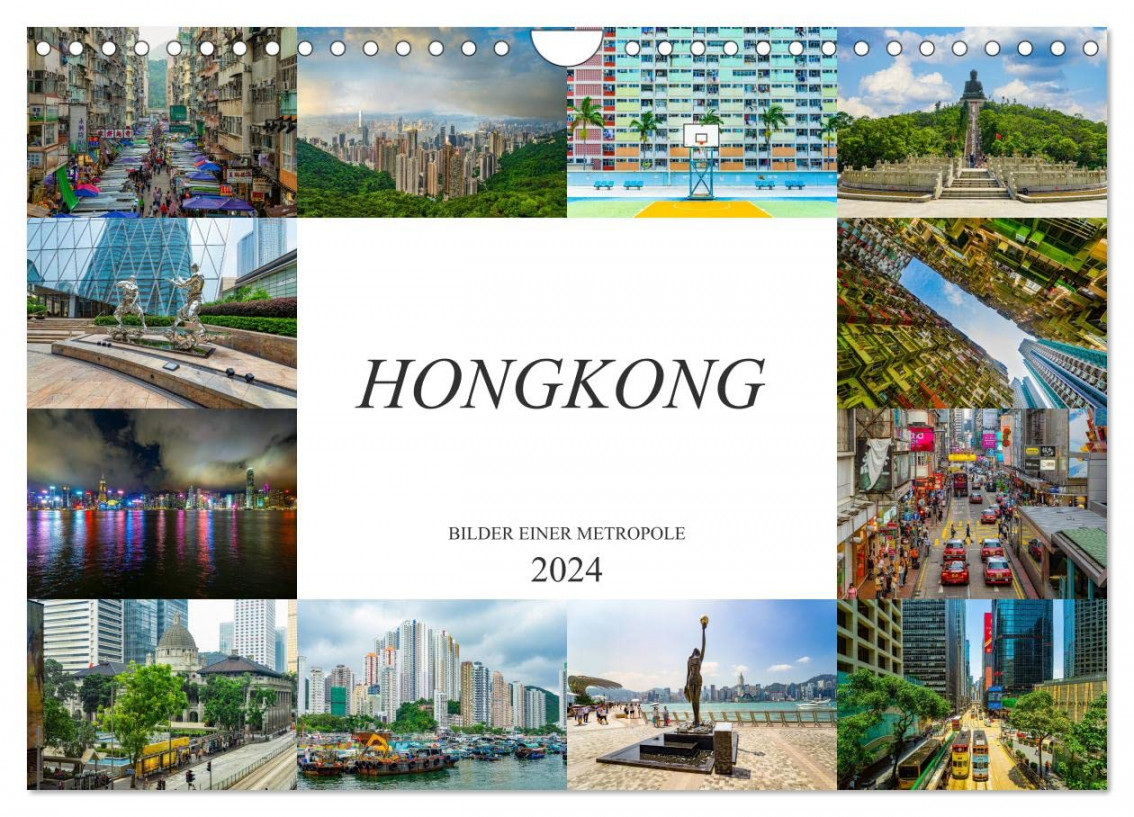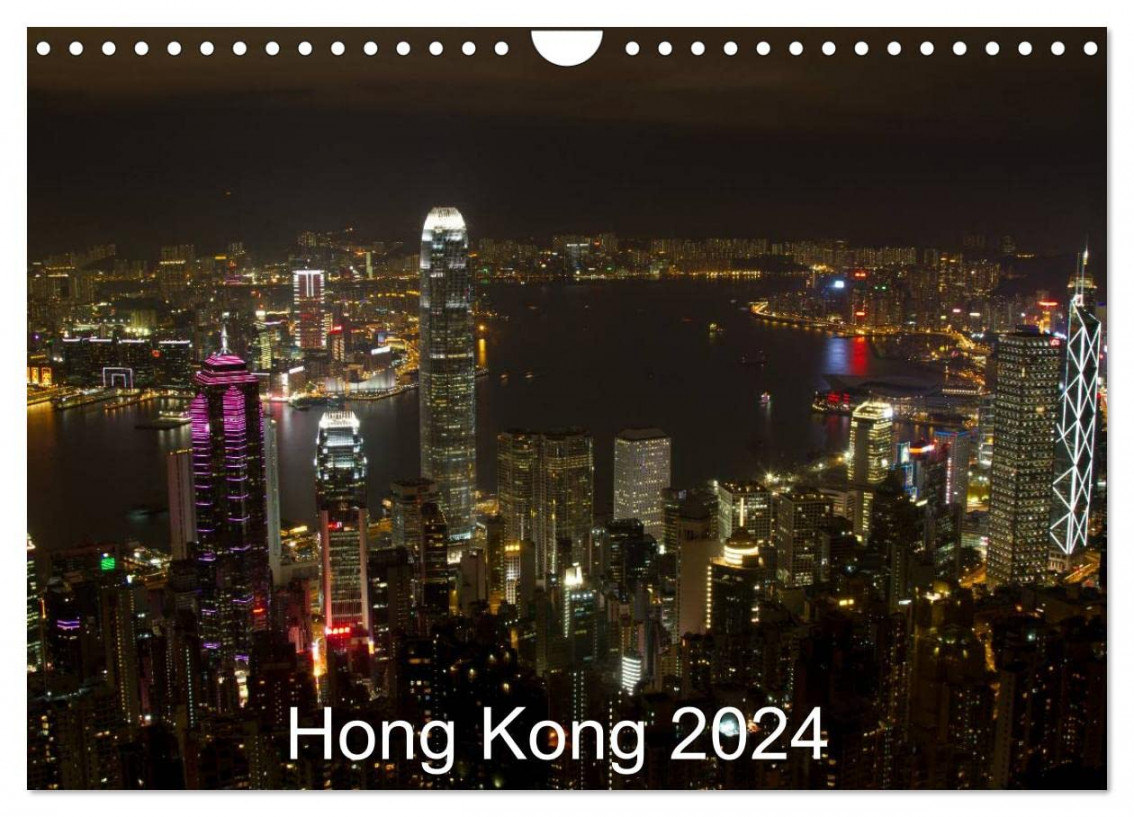Calendar 2024 Hong Kong
University of Hong Kong president demands his lawyer sit in at special meeting of governing council in light of ‘extremely serious allegations’
The head of Hong Kong’s top university has demanded that his lawyer be allowed to sit at a special meeting of its governing body in response to what he called “extremely serious accusations” against him of misconduct, while the city’s leader has called on the institution to sort out its problems internally.
In a statement issued early on Tuesday, Xiang Zhang, president and vice-chancellor of the University of Hong Kong (HKU), also confirmed he had asked for the meeting set for the afternoon to be postponed, arguing that the notice given earlier was insufficient time for preparations.
A source familiar with the matter later said the meeting was called off due to the lack of a quorum as some members of the 25-strong council were out of town.
Zhang accused “rumour-mongers” of leaking confidential HKU information, taking it out of context and twisting the truth to target him personally and the university.
HKU is Hong Kong’s oldest tertiary institution. Photo: Nora Tam
“I believe these accusations are deliberate and organised acts. As the allegations might involve criminal acts and cause extremely serious defamation to me, I have decided to hire a lawyer and seek legal advice,” he said.
Zhang added he “extremely regretted” that his email asking for legal representation and a postponement was leaked within an hour.
A lawyer’s letter sent by Zhang on Monday said the urgent notice sent out less than 14 hours before the special meeting on September 29 – subsequently postponed until Tuesday, the first working day after the public holidays – was inadequate and that a postponement of four to six weeks was requested. The letter said the notice was issued at 12.50am on September 29 for a meeting at 3.30pm that day.
His lawyers argued it was necessary to give Zhang sufficient time to prepare his comments and “make effective representations with his legal team” for the agenda, which involved “extremely serious allegations” against him.
They also said they would attend the meeting as Zhang’s legal representatives and all future ones if the proposed agenda included “matters of his conduct”.
The Post has contacted Zhang’s office for comment, including on his use of a legal representative in his communications with the council.
According to another source, all council members earlier received documents from whistle-blowers who raised a raft of allegations against 59-year-old Zhang, a Chinese-American physicist.
The allegations included handling donations from a mainland Chinese corporation inappropriately, recruiting a headhunter from the United States to hire a pro-vice-chancellor in institutional advancement and a medical dean, and requesting that the candidates possess a US university background.
He is also accused of bypassing procedures when replacing the president’s vehicle with a HK$2 million (US$259,200) BMW he favoured without bidding.

4 universities in Hong Kong fall in global ranking of top 100 institutions
In a separate statement also issued in the early hours of Tuesday, HKU said the donations were in line with both Hong Kong and mainland laws, rejecting accusations of money laundering.
HKU also said it was common practice for the university to hire a multinational headhunter to recruit foreign talent and that it hoped the new pro-vice-chancellor could help build a fundraising system based on the experience of US schools to boost its ability to draw donations. It did not address whether the same requirement was imposed on medical dean candidates.
On the purchase of the president’s car, HKU said a company exclusively handled that particular model and the property management department had asked for an exemption from the university’s tenders unit for the procurement, which was later approved.
Hong Kong man, 28, arrested over spate of sex crimes targeting varsity students
Another source said council members had not expected Zhang to respond to the allegations at the now-cancelled meeting, which was aimed at discussing the way forward in handling the incident, including whether to form a panel to investigate the matter under whistle-blowing policies.
Under HKU’s whistle-blowing procedures, the council chairman takes over the president’s responsibilities if the allegations involve the latter. One of four options available to the chair is to set up an inquiry panel to investigate the matter reported.
Weighing in on the snowballing issue, Chief Executive John Lee Ka-chiu said management of HKU affairs was an internal matter for the council and Zhang to sort out.
Lee, who as Hong Kong leader serves as chancellor of all public universities, said: “What is important is that things should be handled in accordance with the laid-down procedures. Any matter should be dealt with in a fair and impartial manner.”
But he also said the public had expectations of university management.

Hong Kong leader John Lee has warned that there are public expectations of universities. Photo: Edmond So
Casey Chik Yau-hong, an undergraduate representative on the governing body, confirmed he had received internal documents from a whistle-blower and urged the council to deal with the matter quickly.
Chik said the allegations justified the establishment of an investigatory committee under the University of Hong Kong Ordinance.
“Zhang is the head of Hong Kong’s highest academic institution and should be a role model for students,” he said.
“If the accusation is true, such disregard for the university’s system will seriously damage the reputation and interests of the university community and may incur criminal and civil liabilities on the part of the university and/or the president and vice-chancellor.
“It would be unfair to the president and vice-chancellor himself for letting the allegations be disseminated, and delaying the process would be further detrimental to the interests of the university. Only a fair, impartial and open investigation can bring the matter to light.”
Chik said he would move a motion asking the council to lift confidentiality restrictions, noting members were banned from disclosing any information about the body without it and the chair’s permission.
Hong Kong as an education hub? Call for 50% non-local population in universities
Zhang had said in his early morning statement that the council was supposed to hold a meeting on Tuesday. The Post has asked HKU if Zhang’s disclosure of the meeting date had the council’s clearance and whether an investigation probe had been initiated over the leaks.
Chik told the Post it was unprecedented for a vice-chancellor to request to be accompanied by a lawyer in a meeting, but noted his right to legal representation.
“But it can’t be used as an excuse to delay the meeting,” he said, stressing the decision to postpone the session should be left to the council chair.
Mainland-born Zhang took the top job at the university in July 2018, succeeding Briton Peter Mathieson who resigned four years into his term.
Since taking the helm, he has strongly condemned political advocacy on campus and has faced controversies over the suppression of academic freedom.
Additional reporting by Danny Mok
